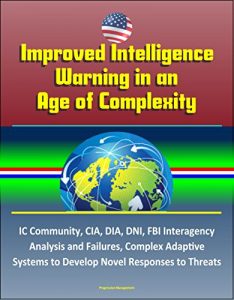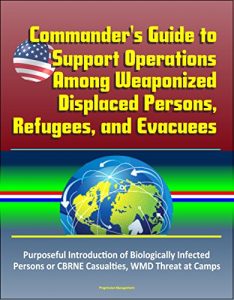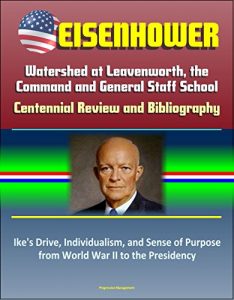This excellent report has been professionally converted for accurate flowing-text e-book format reproduction. As the United States Air Force develops doctrine, education, and organization for cyberspace, we need to consider the traditional principles of war and how/if they apply to cyberspace, and under what situations, so we can develop a conceptual foundation for effective cyberspace warfighting doctrine. Most importantly, we should understand the cyberspace domain requires a new and different way of thinking to develop the most useful doctrine, education, and organizational structures. We must avoid falling into the trap of merely rewording existing air and space doctrine by simply replacing "air" or "space" with "cyber."
There are generally two predominant traditions for principles of war—the western view of Clausewitz and the eastern view of Sun Tzu. Clausewitz's western Newtonian world conceptualizes war using mass, objective, and maneuver among other principles in a state-on-state kinetic war for a political objective. However, Sun Tzu's eastern world conceptualizes war focusing on the criticality of intelligence, deception to defeat the mind of the enemy, and knowing that relationships between things matter most in the strategy of war. It is essential to examine which tradition is the best guide for developing cyber strategy; or do we need a combination?
Biography * Introduction * Assumptions * Cultures of Strategy in Cyberspace * Clausewitzian Cyberthink * Sun Tzu Cyberthink * Yin and Yang in Cyberspace * Cyber Yin * Cyber Yang * Recommendations * ClauseTzu Cyberspace Doctrine * Cyberspace Education * Conclusion * Bibliography
There are generally two predominant traditions for principles of war—the western view of Clausewitz and the eastern view of Sun Tzu. Clausewitz's western Newtonian world conceptualizes war using mass, objective, and maneuver among other principles in a state-on-state kinetic war for a political objective. However, Sun Tzu's eastern world conceptualizes war focusing on the criticality of intelligence, deception to defeat the mind of the enemy, and knowing that relationships between things matter most in the strategy of war. It is essential to examine which tradition is the best guide for developing cyber strategy; or do we need a combination?
Biography * Introduction * Assumptions * Cultures of Strategy in Cyberspace * Clausewitzian Cyberthink * Sun Tzu Cyberthink * Yin and Yang in Cyberspace * Cyber Yin * Cyber Yang * Recommendations * ClauseTzu Cyberspace Doctrine * Cyberspace Education * Conclusion * Bibliography












